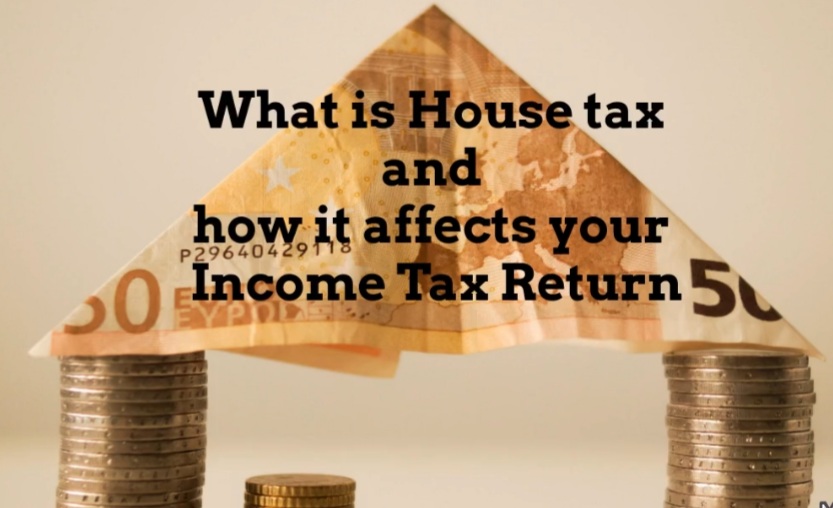What is Property Tax?
Property tax is a mandatory annual tax paid by a land-owner to the government-mandated local body or the Municipal Corporation. It is based on the total value of the property. The rate of this tax as well as the manner of valuation usually varies between municipal authorities across the country.
These taxes are collected on all tangible real estate properties, including –
- Residential and commercial buildings.
- Attached lands.
- Rented houses.
However, this municipal tax is not levied on vacant plots that have no adjoining buildings.
Property or house tax is mandatory for owners to pay by and before the mentioned due date.
How to Calculate Property Tax?
The taxable amount is calculated by municipal authorities based on the assessed value of a particular property. There are primarily 3 methods that are used to calculate these taxes.
- Unit Area Value System – Unit Area Value System, or UAS, is calculated based on per-unit price of the built-up area of a particular property. The tax slab for per square foot of build-up area is fixed depending on the expected market price of that property (calculated depending on the location, usage, and land price.) There are several municipalities that utilize this method. Municipalities in Kolkata, Patna, Bengaluru, as well as EDMC property tax and NDMC property tax follow this mode of calculation.
- Rateable Value System – Rateable Value System or RVS calculates property tax based on the annual rental value of a particular property. The amount is decided by the municipal authority based on the size, location, condition of the property, amenities, etc. This system is followed by municipalities in Hyderabad and Chennai.
- Capital Value System – Capital Value System is calculated based on the total market value of a property. This rate is revised and published every year, prevalent in multiple Tier-I cities such as Mumbai.
Interest Rate on Property Tax
Interest on property tax is charged when you fail to pay it in due time. Usually, the rate varies between 5% and 20%. Some states also don’t charge any additional late payment fee.

